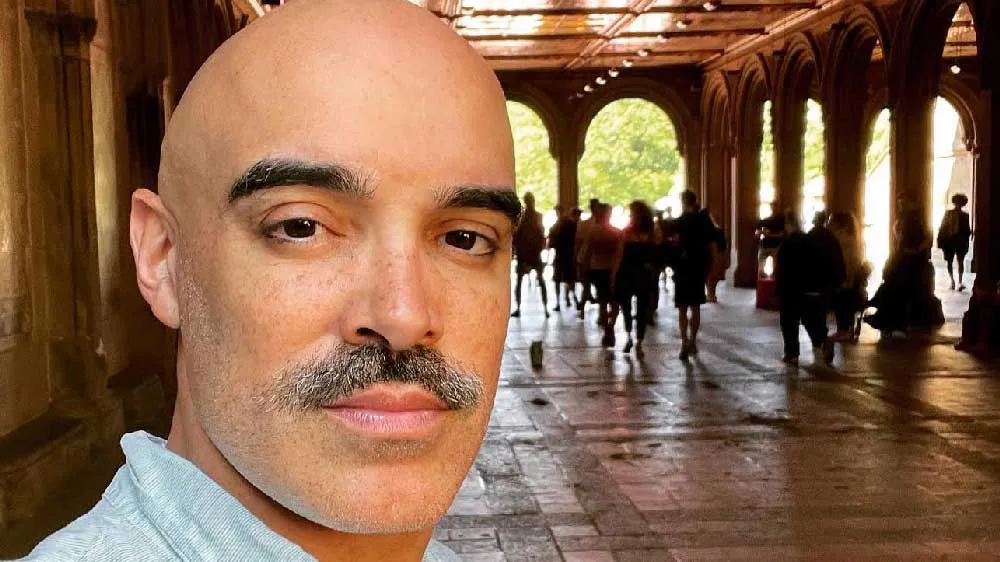November 8, 2023
The Truth Behind the 'Opera War' Depicted in 'The Gilded Age'
Kilian Melloy READ TIME: 3 MIN.
There's more than a grain of truth to the rivalry between two major opera houses and the rival groups of upper-crust New Yorkers supporting them that the new season of "The Gilded Age" depicts, according to Town and Country.
There really was a sense of rivalry and exclusion behind the founding the Metropolitan Opera and the already-existing Academy of Music, the article detailed, and it came down to how many opera boxes there were – and who had them.
"They only had 18 boxes at the Academy, and that was insufficient for the number of people who wanted to have box seats, which is what society did," former Met's archivist Peter Clark told T&C. "As New York grew and there were more people in that class who wanted to be seen, the Academy didn't have enough boxes. So, that group [of people wanting to be seen] – which was centered around the Vanderbilts, Astors, and Morgans – decided to build a new opera house, and there was rivalry there."
As for how the historical rivalry informs the arc of Season 2, a writer for the show, Sonja Warfield, told T&C, "It's about power. At the end of the first season, Bertha has her first big win with her debutante ball, but that's not enough for her – she has to have more.
"The opera is like a country club," Warfield added; "you have to have the membership, but it has to be the right club, and people have to see you there. The opera is the place to see and be seen for people who are power hungry and never satisfied."
Series creator Julian Fellowes – also the creator of "Downton Abbey" – explained how the forces driving the historical rivalry were catnip for his sense of high-society historical dramatics.
"I came upon the story because I was amused the Academy made the mistake of not just building 30 more boxes, which is what they should have done," Fellowes told the publication, "but instead they thought they could keep the new people out.
"What sealed it for me was when I read that they decided to open on the same night, so the fight between the two opera houses was a direct one and New York society had to choose who to support," Fellowes continued. "A lot of them, to cover themselves, got boxes in both opera houses, and then had to decide on the day which they were going to go to."
Fellowes spoke to his approach to using true history as a framework for the stories he tells.
"I like to make historical references," Fellowes said. "Sometimes the characters just talk about something happening, and my secret dream is that people in the audience type it into Wikipedia and discover it really did happen."
"Sometimes we come upon real things and realize it's an opportunity for our characters," the series creator added.
But Fellowes also spoke to his appreciation for the delicious (and deliciously appointed) payoffs to the way he sets up the show.
"It's such a wonderful image, these women in diamond collars throwing themselves into carriages and shouting at their husbands to catch up, and the coachmen whipping the horses to get them into their boxes in time for curtain up," Fellowes told T&C. "As I read that, I thought, 'Oh yes, this is for me.'"
That fits with the historical need on the parts of the rival factions, and their respective opera houses, for an outsized sense of occasion. T&C related that the "rivalry did cause the two factions to try to out do one another with swanky opening nights (which take place in this season's finale of 'The Gilded Age'), imported talent, and the promise of being seen a the right place on that fateful evening."
Bring on the costume porn and period details! "The Gilded Age" Season 2 airs weekly on HBO.
Kilian Melloy serves as EDGE Media Network's Associate Arts Editor and Staff Contributor. His professional memberships include the National Lesbian & Gay Journalists Association, the Boston Online Film Critics Association, The Gay and Lesbian Entertainment Critics Association, and the Boston Theater Critics Association's Elliot Norton Awards Committee.







